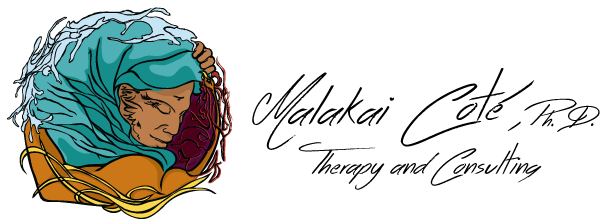Earlier this week, I had the wonderful opportunity to be in the audience at Laverne Cox’s presentation at the Mondavi Center for the Performing Arts at UC Davis. If you are not familiar with Laverne Cox, she is a decorated actress, producer, and social activist. She not only spoke about her experiences growing up in the South and emerging as a an African American transgender woman in New York, but also she spoke about intersections of oppression. She borrowed from the writings of the feminist, social activist bell hooks in exploring the impact of living in a white-supremacist-captialist-patriarchy (heterosexist-transphobic) society. According to Cox, her multiple identities have shaped her experiences in the world and also informed her passion as a social advocate for trans* identified people. Her social advocacy has taken the form of raising awareness about how conditions of oppression contribute to violence against transwomen of color, mental health concerns that often arise while living in an unaccepting world, and disparities in healthcare for transgender individuals. Throughout her presentation, she discussed harrowing statistics about transgender peoples' experiences.
For me, one of the most powerful elements of Laverne Cox’s story was how she has learned to understand, approach, and begin to transform shame. The shame that Ms. Cox described had been instilled at an early age in the context of social conditioning and gender and sexuality policing that reinforced the idea that her gender identity was wrong. She spoke about her experiences with her mother and teachers and how those experiences fed a deep feeling of shame for who she knew herself to be. Cox explained that it is the deeply rooted shame that manifests as “I am bad and I am unlovable.” This type of shame has a profound impact on feelings of low self-worth and has the potential to deplete feelings of wellness.
In my work with clients, I have found that when folks feel unlovable and shamed that these feelings and experiences of rejection from partners, parents, friends, and teachers contribute to profoundly deep psychological and emotional wounding. This type of wound has the potential to fester while fostering disconnect from self and others. Although difficult and often excruciating to undo, Cox explored Brené Brown’s concept of empathy as the means to transform shame. I found this idea to be very compelling. Empathy is about being open, listening, and displaying an unwavering presence. Empathy is about suspending judgment about how you may think “things should be” or how people “should act,” and discovering the truth of another’s experience in their authentic identities. It takes a fierceness to listen and truly learn about the complexities of our lovers, friends, family members, and colleagues. Why limit someone else’s expression of self, whether that be a person’s gender identity, ethnic identity, etc? When engaging in empathetic actions, it is also about letting go of our preconceived notions. Empathy is about believing the experiences of others and allowing people to be just where they are in their understanding of the world and themselves. Empathy encourages visibility and when we invite people closer to us, the veil of expectation drops and others can be truly seen.
